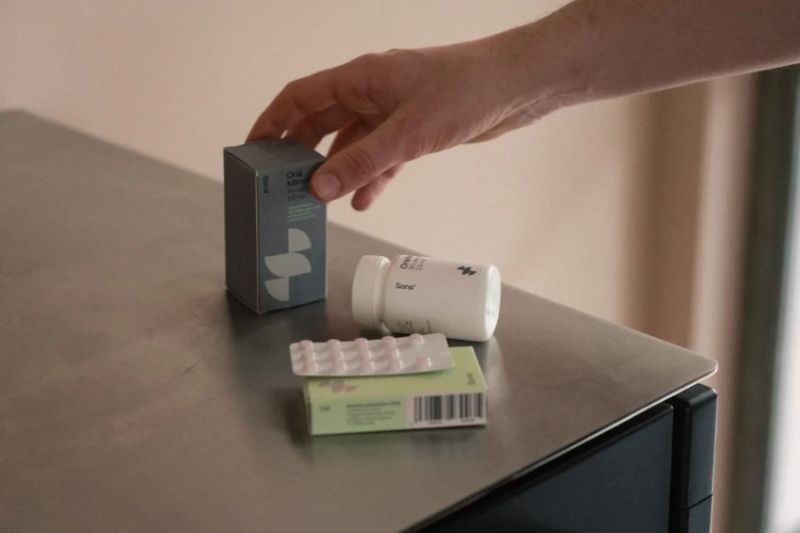How shoppers are set to buy at peak trading 2019, why digital teams need to revisit their peak experience are covered in today’s updates on peak trading 2019.
How shoppers are set to buy at peak trading 2019
UK shoppers are already planning how they’ll buy on Black Friday and Cyber Monday 2019, a new report suggests.
Three quarters (75%) of UK shoppers planning to buy ahead of Christmas expect to buy in at least one peak event, according to an annual holiday shopping report from marketing intelligence business MiQ, which questioned 1,040 adults from the UK, US, Canada and Australia. It found that of those peak events, shopping online on Cyber Monday currently had the edge among UK shoppers in the run up to peak trading 2019.
More than half (57%) of British shoppers said they planed to buy via mobile, while 60% will use a laptop or PC for most of their purchases. Mobile devices will most commonly be deployed to track order status (62%), while 60% will use it to do research, and 47% to read reviews.
UK shoppers are planning to spend £1,049 on average on their holiday shopping this year – including £174.46 on alcohol. That means, says MiQ, that advertisers running holiday shopping campaigns in the UK must get to grips with how consumer behaviour affects the opportunity to show ads to target audiences and the cost associated with doing so.
Why digital teams need to revisit their peak experience
Meanwhile, another study points to the importance of focusing on the user experience, in order to keep customers loyal as peak trading approaches.
That’s the message from digital experience specialist Eggplant which says it found 60% of retailers are failing to measure customer churn, even though 30% of them have see an average drop off rate of 50% or more on their websites.
The study questioned 500 digital and IT teams in the UK and US retail sectors, and found that 92% are closely focused on delivering an omnichannel experience that delights customers. That’s seen in the 20% more digital products and apps that they are releasing, on average, each year. Some 30% of UK respondents said they release 11 products or apps each year, and 75% expect this to increase next year.
Yet, found Eggplant, one in five organisations, across both the UK and US, lacked testers to make sure that the omnichannel experiences they built were right for their customers – and 70% were trying to AI to do that testing. More than a third expect to use AI to improve the digital experience for customers, while 46% will deploy live chat, 46% native mobile apps and 45% front-end web technologies.
When it comes to the scale of the digital experience, 35% of organisations are maintaining five or more digital channels, and 72% measuring three or more channels. However, Eggplant also pointed to the recent closure of some 3,000 stores on UK high streets in the first half of this year.
The study found positives in that most US and UK businesses were now measuring metrics including the user experience (92%) via business outcomes such as customer growth (74%), company growth (71%) and revenue growth (65%). Those measuring customer churn believe drop-off rates are due to site navigation (51%), site functionality (48%), and site performance (47%).
Dr John Bates, chief executive of Eggplant said: “It’s great news to see organisations focusing on customer satisfaction and business outcomes when it comes to their digital experience. However, it’s concerning to see that one in three customers are still falling away due to user experience issues.
“With the ongoing trend from bricks to clicks and mortar, the growth of online products and services, organisations are under tremendous pressure in advance of events such as Black Friday and Cyber Monday.
“The traditional high street retailers have to grasp with the enormous task of transforming their businesses to digital experiences. It’s no surprise they are turning to AI and new technologies to deliver an omnichannel experience that drives business growth and delights customers.”
Image: Fotolia








